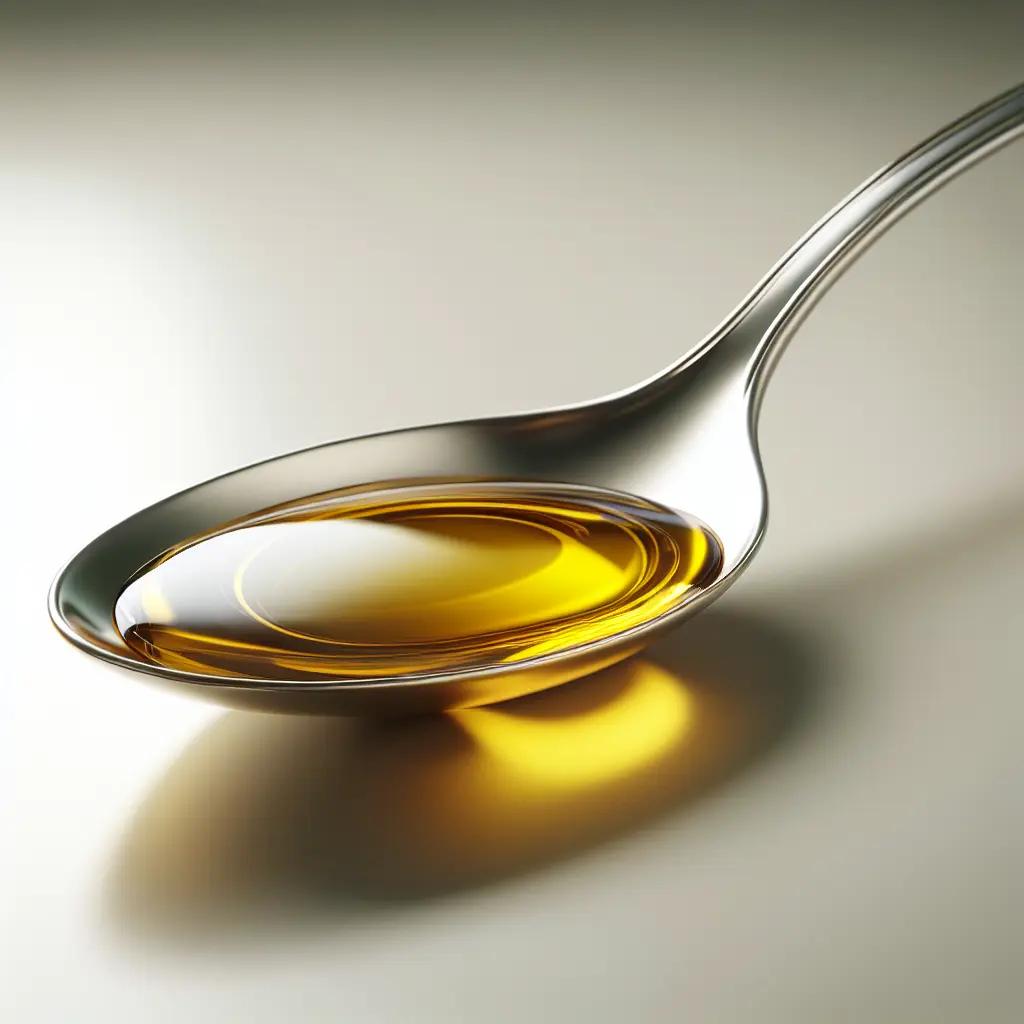Origins of Extra Virgin Olive Oil
Extra virgin olive oil is derived from olives, the fruit of the olive tree (Olea europaea). It is produced through a meticulous cold-pressing process that preserves the oil's natural flavor and nutrients. Extra virgin olive oil is the highest grade of olive oil, signifying that it meets specific criteria for acidity, taste, and aroma.
Health Benefits of Extra Virgin Olive Oil
Extra virgin olive oil is a rich source of monounsaturated fats, which have been shown to lower cholesterol levels and reduce the risk of heart disease. It also contains potent antioxidants, such as polyphenols, which protect cells from damage and may play a role in preventing chronic diseases like cancer. Additionally, extra virgin olive oil has anti-inflammatory properties, which may benefit conditions such as arthritis and asthma.
-
Lowers cholesterol levels: Extra virgin olive oil is rich in monounsaturated fats, which have been shown to lower LDL (bad) cholesterol and raise HDL (good) cholesterol. This can help reduce the risk of heart disease and stroke.
-
Protects against heart disease: Extra virgin olive oil contains antioxidants that protect against oxidative damage to cells. This damage can lead to the development of heart disease and other chronic diseases.
-
Reduces inflammation: Extra virgin olive oil has anti-inflammatory properties. Inflammation is linked to a number of chronic diseases, including arthritis, heart disease, and cancer.
-
May help prevent cancer: Some studies have shown that extra virgin olive oil may help protect against cancer. This is likely due to its high content of antioxidants.
Culinary Applications of Extra Virgin Olive Oil
Extra virgin olive oil's versatility makes it an indispensable ingredient in kitchens worldwide. Its distinct flavor and aroma enhance the taste of a wide range of dishes, from salads and marinades to sautéed vegetables and grilled meats.
-
Salads: Extra virgin olive oil is a classic salad dressing, providing a rich and flavorful base for greens, vegetables, and proteins.
-
Marinades: Extra virgin olive oil is an excellent marinade for meats, poultry, and seafood. It infuses the ingredients with flavor and helps tenderize them.
-
Sautéing: Extra virgin olive oil is a healthy choice for sautéing vegetables, meats, and seafood. It adds flavor and helps prevent sticking.
-
Grilling: Extra virgin olive oil can be used to brush meats, poultry, and seafood before grilling. This helps prevent sticking and adds flavor.
Conclusion
Extra virgin olive oil is a true culinary and health treasure. Its unique flavor, versatility, and numerous health benefits make it an essential ingredient for both delicious and nutritious meals. By incorporating extra virgin olive oil into your diet, you can enhance your culinary creations while promoting your overall well-being.
How many calories are in Extra Virgin Olive Oil?
Each 1 tablespoon of Extra Virgin Olive Oil contains 119 calories.
Extra Virgin Olive Oil Nutritional Information
| Nutrient | Amount per 1 tablespoon (14g) |
|---|---|
| Calories | 119 Calories |
| Protein | 0g |
| Fat | 14g |
| Saturated Fat | 1.9g |
| Cholesterol | 0mg |
| Carbohydrates | 0g |
| Dietary Fiber | 0g |
| Sugar | 0g |
| Sodium | 0.0003mg |
| Potassium | 0.0001mg |
| Calcium | 0.0001mg |
| Iron | 0.0001mg |
